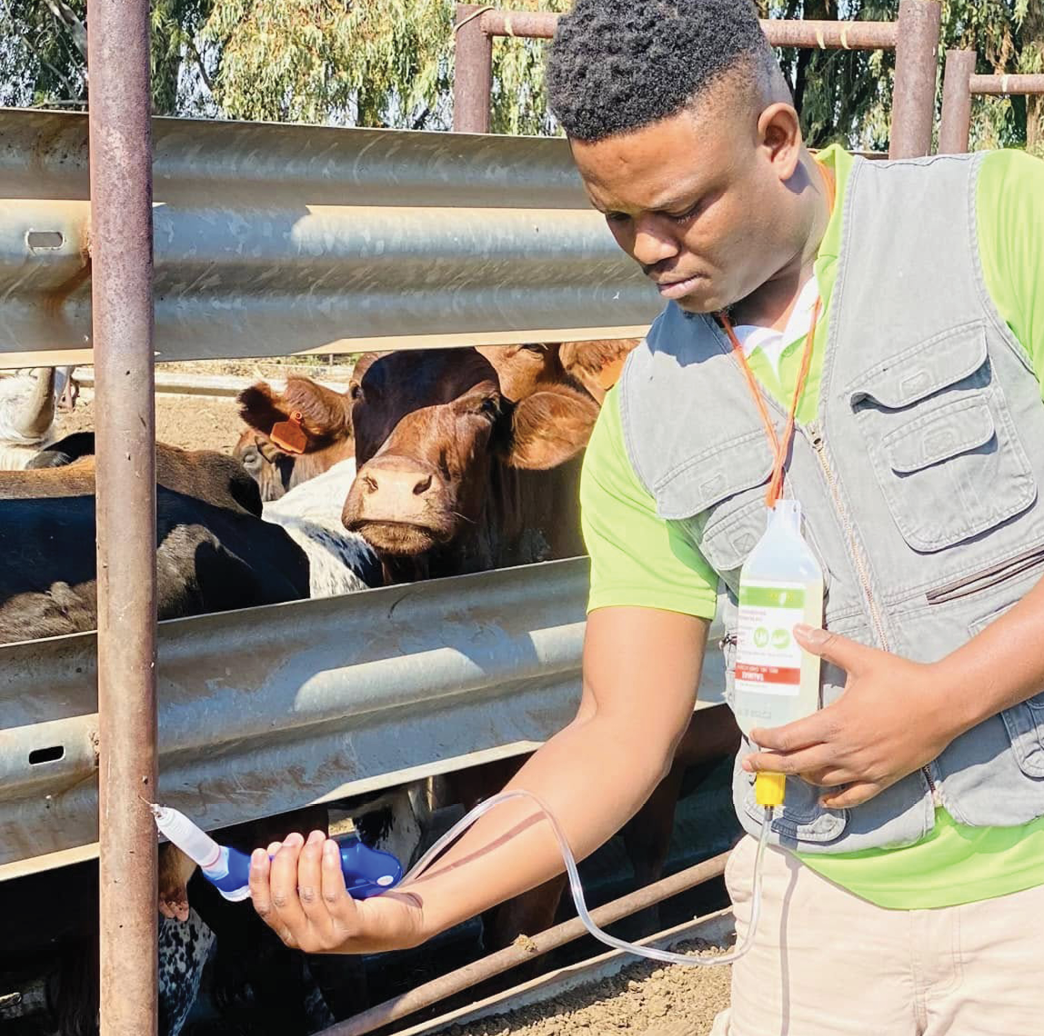While GNU parties may differ, we are all pulling in the same direction
Last week, the annual Budget Speech by the Minister of Finance was postponed for the first time in our democratic history. Cabinet decided to postpone the presentation of the budget to allow further discussion on areas of disagreement among parties in the Government of National Unity (GNU). The budget will now be tabled in Parliament on 12 March 2025.





 The public-private partnership between cellphone network giant MTN and the Department of Basic Education (DBE) is an example of the fruits that come with 30 years of democracy.
The public-private partnership between cellphone network giant MTN and the Department of Basic Education (DBE) is an example of the fruits that come with 30 years of democracy.%20which%20will%20be%20donated%20to%20needy%20learners.PNG)